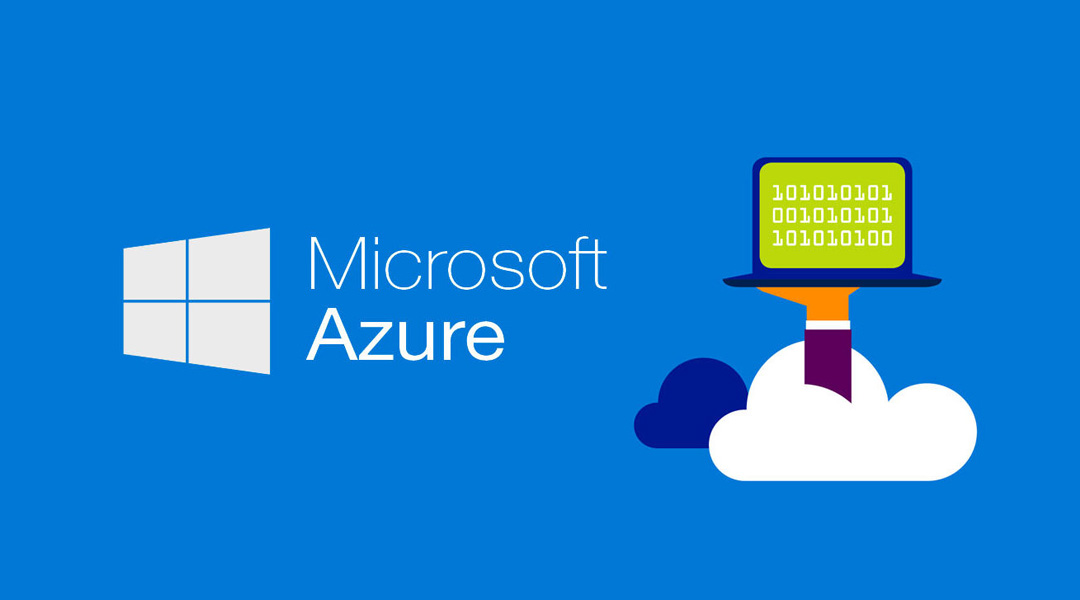Navigating the Cloud: An Introduction to Microsoft Azure
 Adedoye Godwin
Adedoye Godwin
In today's rapidly evolving digital landscape, the cloud has become the backbone of technological innovation, enabling businesses to scale, innovate, and transform their operations. One of the leading players in this realm is Microsoft Azure, a robust cloud computing platform that empowers organizations to build, deploy, and manage applications seamlessly. In this introductory article, we'll explore the fundamentals of Azure and why it stands out in the competitive world of cloud services.
What is Microsoft Azure?
Microsoft Azure is a comprehensive cloud platform offering a vast array of services, including computing power, storage solutions, databases, machine learning, and more. It provides the tools and resources necessary for businesses to move their operations to the cloud, fostering flexibility, scalability, and cost-efficiency.
Key Features and Services
Azure offers a comprehensive set of services designed to address a wide range of business requirements. Azure's solutions range from virtual machines and data storage to AI-driven analytics and everything in between. Among the essential services are:
Azure Virtual Machines (VMs) Create and deploy virtual servers to run applications, host websites, or perform other computing tasks.
Azure Blob Storage Securely store and manage vast amounts of unstructured data, such as documents, images, and videos.
Azure SQL Database A fully managed relational database service for building high-performance applications with built-in AI capabilities.
Azure AI and Machine Learning Leverage Azure's powerful tools to infuse artificial intelligence into your applications, making them smarter and more intuitive.
Azure Kubernetes Service (AKS) Simplify the deployment, management, and scaling of containerized applications using Kubernetes.
Advantages of Azure:
1. Scalability Azure allows businesses to scale resources up or down based on demand, ensuring optimal performance without unnecessary costs.
2. Global Reach With data centers strategically located around the world, Azure enables businesses to deploy applications and services globally with low-latency access.
3. Security and Compliance Azure prioritizes security, offering robust features and compliance certifications to ensure the protection of data and applications.
4. Hybrid Capabilities Azure seamlessly integrates with on-premises infrastructure, supporting hybrid cloud scenarios for a gradual transition to the cloud.
5. Cost Management Azure's pay-as-you-go model allows businesses to pay only for the resources they consume, optimizing cost management.
Getting Started with Azure
It is simple to begin your Azure experience. Microsoft offers a user-friendly gateway, substantial documentation, and a plethora of online tools to help customers get started. Whether you're an individual developer or part of a huge corporation, Azure's flexibility caters to a wide range of users.
In subsequent articles, we'll look further into individual Azure services, practical use cases, and best practices for realizing Microsoft's cloud platform's full potential. Stay tuned as we investigate the almost infinite possibilities that Azure provides to the world of cloud computing. Hello, and welcome to the Azure journey!
Subscribe to my newsletter
Read articles from Adedoye Godwin directly inside your inbox. Subscribe to the newsletter, and don't miss out.
Written by
